May 2017
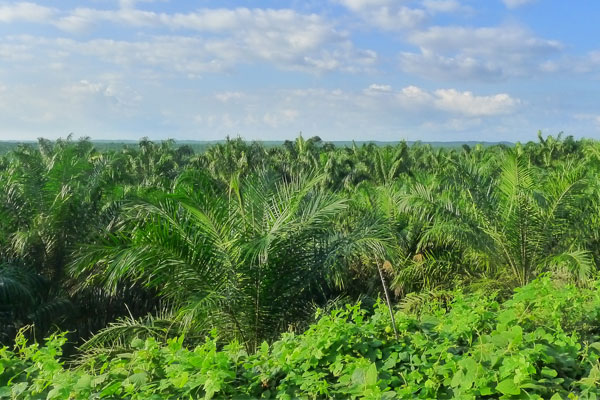
Winrock Joins Tropical Forest Alliance 2020 ‘Partnership of Champions’
May 31, 2017
WASHINGTON, D.C. – May 31, 2017 – Winrock International is proud to announce it has joined the Tropical Forest Alliance 2020 (TFA 2020), a global public-private partnership that brings together governments, companies and civil society organizations to reduce deforestation in tropical forest countries. “This impressive alliance is rightly called a ‘partnership of champions.’ We are […]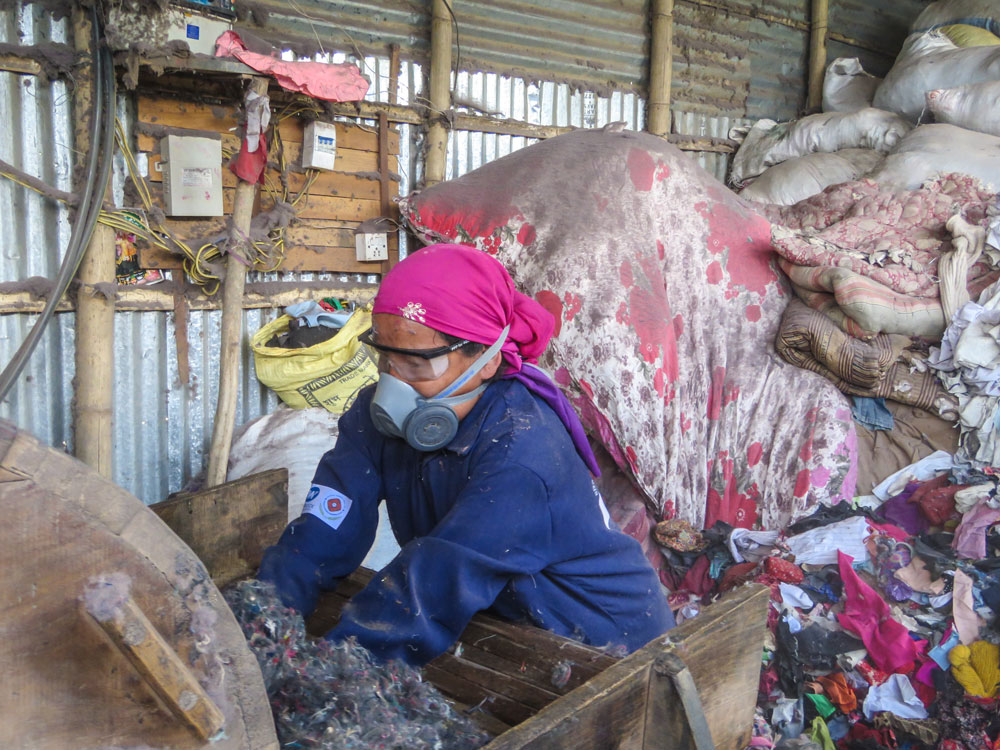
Fashioning the Future
May 30, 2017
By Chadani Pandey Twenty years ago, when Ram Bahadur Gurung was visiting China as an aide-de-camp to then Nepalese Crown Prince (later King) Dipendra, he came across a cloth recycling machine. He marveled at this simple technology and thought about what lucrative opportunities it could create if it were introduced in Nepal. Ultimately, Gurung did […]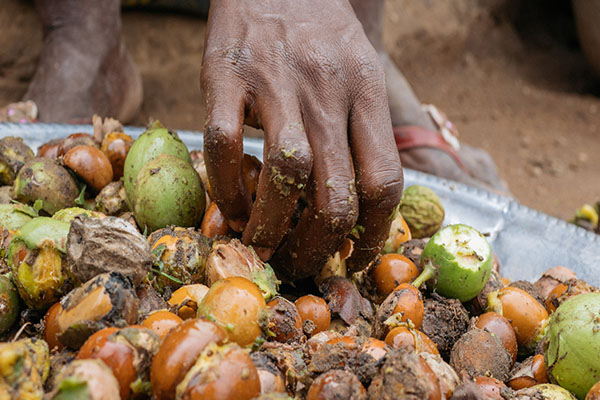
USAID Improves the Livelihoods of Rural Women in Northern Ghana
May 24, 2017
On May 9, 2017, the USAID-funded Feed the Future Ghana Agriculture and Natural Resource Management Project (AgNRM) welcomed the USAID/Ghana Mission Director, Andrew Karas, to Dorimon, in the Wa West District of the Upper West Region. The paramount chief of Dorimon, Naa Sohimwininye Danaa Gori II received Mr. Karas on behalf of the people and […]
Strength in Numbers
May 22, 2017
Small and mid-size farms have their hands full. Not only do they have to build an infrastructure to support production and meet buyer specifications and food safety regulations, but they often have to transport their product many miles to market. This puts pressure on the farmers themselves, as well as on the environment and the region’s economy. John Fisk, […]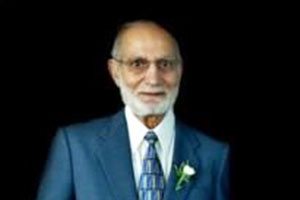
Dilbagh “Dil” Athwal (1928-2017)
May 17, 2017
Dr. Dilbagh “Dil” Athwal, Ph.D., a pioneering plant scientist who headed Winrock’s technical cooperation division when the organization began in 1985 and was a guiding presence in its early years, died on Sunday, May 14, in Tom’s River, New Jersey. He was 88. Athwal joined Winrock as the most senior staff member of the International […]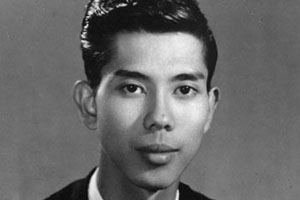
A Dream Deferred
May 10, 2017
By Anne Cassidy This is the story of a dream deferred, of a risk taken and a hope fulfilled. Above all, it’s the story of persistence. When Professor Maung Maung Htwe, 78, was in his 20s, he dreamed of helping the rural poor in his native Burma. Farmers were growing a lot of rice then, […]